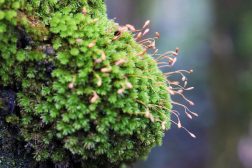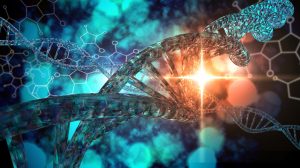vortex
Origin: L. Vortex, vertex, -icis, fr. Vortere, vertere, to turn. See Vertex.
1. A mass of fluid, especially of a liquid, having a whirling or circular motion tending to form a cavity or vacuum in the center of the circle, and to draw in towards the center bodies subject to its action; the form assumed by a fluid in such motion; a whirlpool; an eddy.
2. A supposed collection of particles of very subtile matter, endowed with a rapid rotary motion around an axis which was also the axis of a sun or a planet. Descartes attempted to account for the formation of the universe, and the movements of the bodies composing it, by a theory of vortices.
3. (Science: zoology) Any one of numerous species of small turbellaria belonging to Vortex and allied genera.
(Science: chemistry) Vortex atom, a hypothetical ring-shaped mass of elementary matter in continuous vortical motion. It is conveniently regarded in certain mathematical speculations as the typical form and structure of the chemical atom. Vortex wheel, a kind of turbine.
Dictionary > Vortex
You will also like...

Meiosis and Alternation of Generations
Plants are characterized by having alternation of generations in their life cycles. This tutorial is a review of plant m..

Psychiatry & Mental Disorders
Different mental disorders are described here. Read this tutorial to get an overview of schizophrenia, affective mood di..

Digestion and Absorption of Food
The gastrointestinal system breaks down particles of ingested food into molecular forms by enzymes through digestion and..

Population Growth and Survivorship
This lesson looks at population attributes, regulation, and growth. It also covers population genetics, particularly gen..

Photosynthesis – Photolysis and Carbon Fixation
Photosynthesis is the process that plants undertake to create organic materials from carbon dioxide and water, with the ..

Evolution of Life – Ancient Earth
Autotrophs flourished, absorbing carbon and light. Soon after, primitive life forms that could assimilate oxygen thrived..

